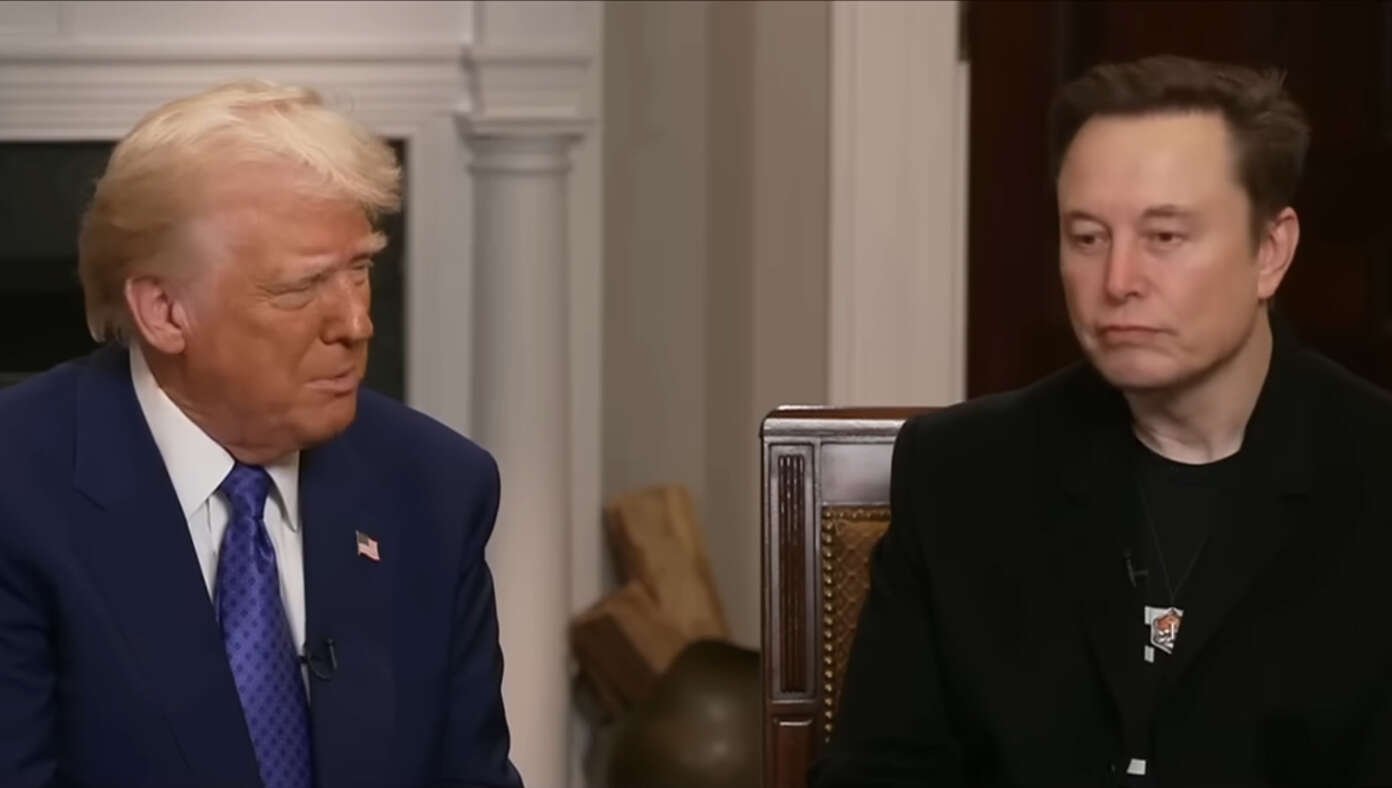
WASHINGTON, D.C. — According to sources, President Donald Trump broached the subject of scientific collaboration this week with Tesla Founder and CEO Elon Musk, asking if he could come up with a way to supply precisely 1.21 gigawatts of power to a DeLorean.
Read More

